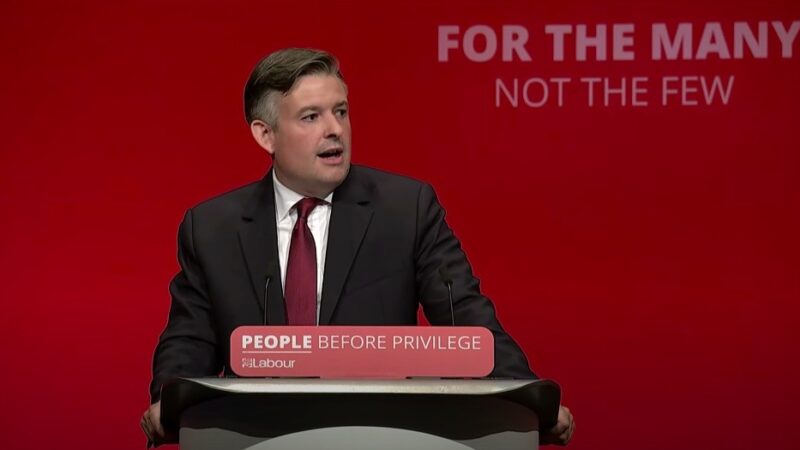
It’s been a calamitous week for the government and its supposedly “world-beating” test and trace system. First, we saw that the government suddenly paused all Randox home testing kits after it was found that they did not meet safety standards.
There has been a great deal of secrecy around the testing regime and for the government to now say that some tests are being withdrawn for safety reasons without further explanation is just not good enough. Ministers should explain as a matter of urgency just what the problem is, how long they have known about it and whether the accuracy of previous tests is now in doubt.
It’s the latest in a long line of failures from government on test and trace: swabs have been recalled, contact tracing hasn’t met its targets, Serco have filled call centres with people not doing anything. And all of this is costing taxpayers £10bn.
We saw on Thursday that the government’s solution is to hand even more money over to management consultancy McKinsey, which was asked by the Department of Health and Social Care this week to review the governance and form of the NHS Test and Trace programme, just as nearly all the programme’s top executives prepare to leave their jobs in the coming weeks.
From the start of this crisis, there has been an ideological faith in the private sector that has not been justified by their performance. Typical Tory outsourcing has led to a poorer response, and the devastating consequence is my city Leicester being forced to remain in lockdown.
In yesterday’s press conference, Boris Johnson said the government’s testing regime had made “substantial progress”. But data published this week shows that across a number of measures things have recently been getting worse, not better. The government’s own figures show that the proportion of tests being done in 24 hours is falling. Last week, 55% of tests were done in 24 hours, down to 50.6% this week.
Johnson promised that by the end of June, 100% of non-home tests would be done in 24 hours. But data this week reveals that only two thirds of non-home tests are being received within that timeframe. In fact, all three types of test – regional testing sites, mobile testing unit, satellite testing units – are getting slower.
The government made a terrible judgment suspending track and trace in early March. We’ve wasted precious time when we should have been building up tracing capacity, develop protocols and recruiting staff.
And it was a significant misjudgement not to put the local public health experts at the heart of this new operation. Local government directors of public health and public health staff – alongside other key local government staff such as environmental health officers, who know their local patch – have years of experience in contact tracing and case finding. They must now be fully mobilised to spearhead tracing.
This is another failure of their own making. Ministers need to get a grip of this situation: instead of handing contracts over to an ad hoc mishmash of private firms and wasting more money on management consultants, they should invest in local public health services and give local directors and teams the daily data they need to take the lead in hunting down this virus and eliminating it.




More from LabourList
‘Why solidarity with Ukraine still matters’
‘Ukraine is Europe’s frontier – and Labour must stay resolute in its defence’
Vast majority of Labour members back defence spending boost and NATO membership – poll